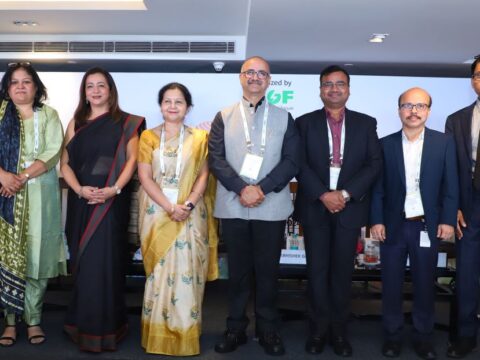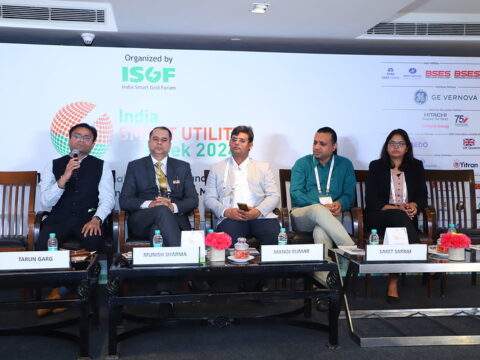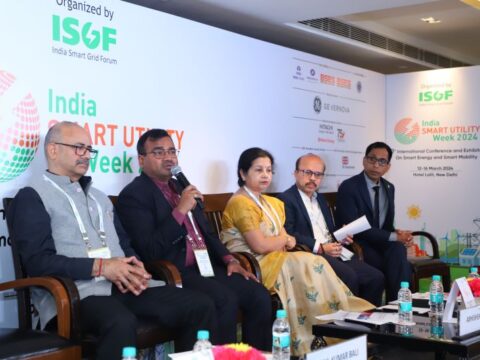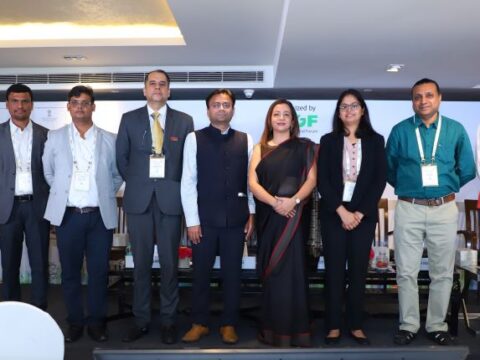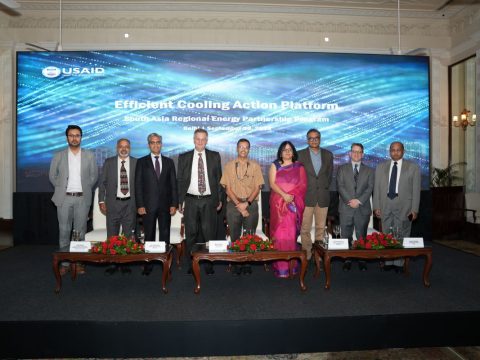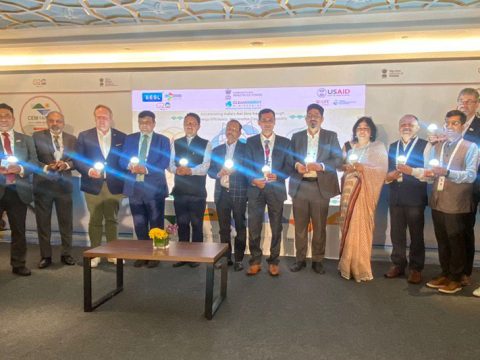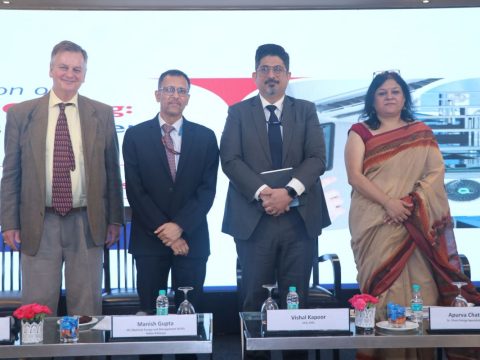Energy Efficiency
April 1, 2024
Energy Positive Smart buildings are a type of sustainable design that incorporates energy-efficient building techniques, advanced technology, and renewable energy sources like solar panels and wind turbines to produce extra […]
September 29, 2023
Global call for action is necessary for facilitating the widespread adoption of sustainable solutions to cater to the rising cooling demand. In this context, developing a platform for efficient cooling […]
September 3, 2023
On August 31, 2023, USAID’s SAREP program organized a virtual workshop on the ‘Importance of Performance Monitoring of Rooftop Solar Assets for High Energy Yield’ for the Indian Railways. The […]
August 1, 2023
USAID’s South Asia Regional Energy Partnership (SAREP) Program joined forces with Energy Efficiency Services Limited (EESL) and hosted an event on “Accelerating India’s Net Zero Transition through Energy Efficiency, Sustainable […]
August 1, 2023
USAID through its South Asia Regional Energy Partnership (SAREP) Program hosted “DAKSHTA (Drive for Advancing Knowledge and Solutions Through Aggregation) in Energy Efficiency: India’s Experience for a Global Energy Efficiency […]
July 18, 2023
USAID, through its South Asia Regional Energy Partnership (SAREP) program in collaboration with Energy Efficiency Services Limited (EESL) organized an industry consultation on ‘Super-Efficient Cooling: Enabling India’s Net Zero Transition’ […]
February 3, 2023
USAID India and Energy Efficiency Services Limited (EESL) held a brainstorming workshop for EESL, through the South Asia Regional Energy Partnership (SAREP), on January 17, 2023 in Jaipur, Rajasthan. Senior […]
February 2, 2023
USAID Asia Bureau Assistant Administrator (AA) Michael Schiffer arrived in New Delhi to promote U.S. – India development partnerships, with a focus on clean energy transition and other shared energy […]


